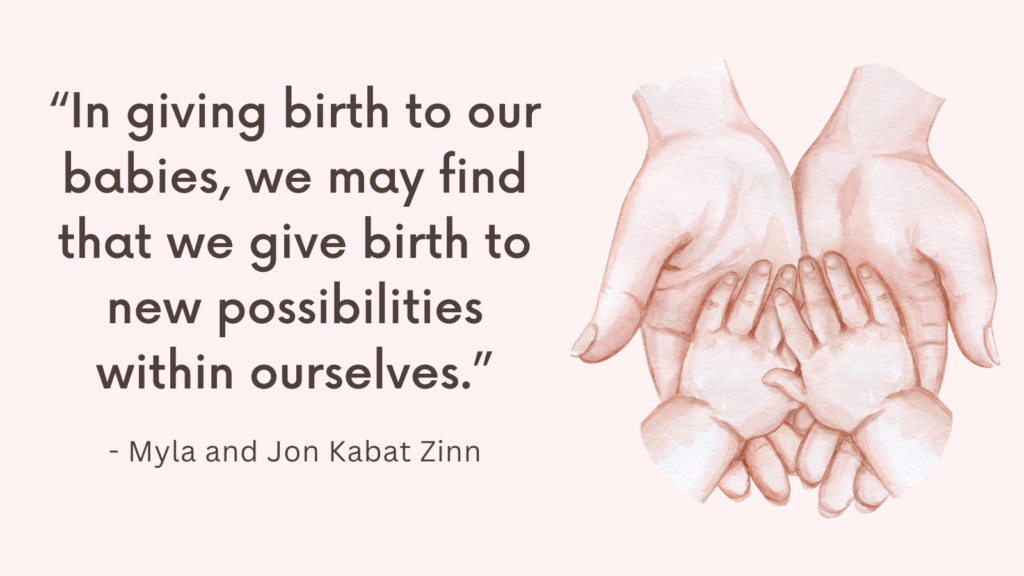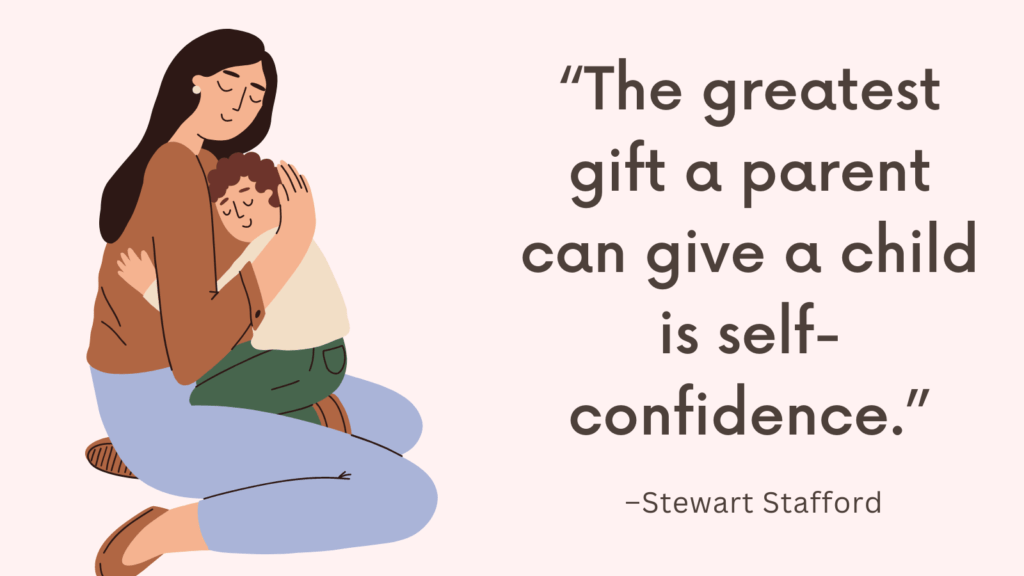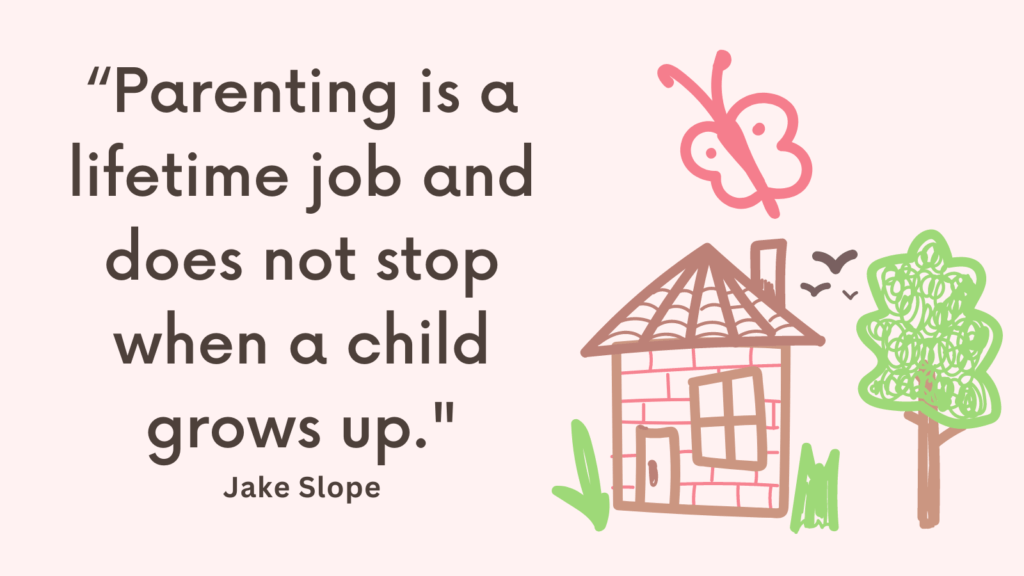Feeling guilty for getting angry with baby? Read on to find out what you can do to deal with that.
Feelings of Guilt In Parenting
Feeling guilt in parenting, especially when it comes to caring for a baby, is incredibly common.
Many new parents experience guilt due to the immense responsibility they feel in ensuring their baby’s well-being and development.
Here are a few reasons why feelings of guilt in parenting a baby are common:
1. Unrealistic expectations
New parents often set unrealistic expectations for themselves, influenced by societal standards or comparing themselves to others.
When reality doesn’t match these expectations, guilt can arise.
2. Sleep deprivation and exhaustion
Taking care of a baby can be physically and emotionally draining, particularly during the early stages.
Exhaustion can lead to heightened emotions and an increased likelihood of experiencing guilt.
3. Balancing responsibilities
Juggling various responsibilities such as work, household chores, relationships, and self-care can make parents feel guilty if they believe they are not giving enough attention to their baby or other aspects of life.
It’s essential to remind yourself that feeling guilt does not mean you are failing as a parent.
Related: Top 11 Parenting Myths That Are All Too Easy To Believe
Feeling Guilty For Getting Angry With Baby? 7 Ways to Overcome Parenting Guilt
Feeling guilty for getting angry with your baby is a common experience that many parents go through.
It’s important to remember that being a parent can be challenging, and it’s natural to feel frustrated or overwhelmed at times.
Here are some suggestions to help you cope with these feelings of guilt:
1. Recognize and accept your emotions
Understand that it is normal to experience anger or frustration as a parent.
Acknowledge your feelings without judgment and remind yourself that everyone has moments of frustration with their children.
2. Practice self-compassion
Treat yourself with kindness and understanding.
Parenting is a learning process, and nobody is perfect.
Remind yourself that making mistakes and experiencing negative emotions does not make you a bad parent.
Related: Best 10 Gentle Parenting Books
3. Reflect on the situation
Reflect on why you are feeling guilty.
Are these feelings based on realistic expectations or societal pressures?
Understanding the source can help you challenge and address these feelings more effectively.
4. Reframe your perspective
Instead of dwelling on what you perceive as mistakes, reframe them as learning opportunities.
Recognize that making occasional mistakes is part of being a parent, and it does not make you a bad caregiver.
Related: Counter Parenting – 6 Ways to Incorporate It
5. Seek support
Reach out to other parents or support groups who can provide empathy and guidance.
Sharing your experiences with others who may have had similar struggles can help alleviate feelings of guilt and provide valuable insights.
6. Develop coping mechanisms
Find healthy ways to manage and release stress, such as engaging in regular exercise, practicing deep breathing exercises, or taking breaks when you feel overwhelmed.
Here’s a simple breathing exercise you can try:
1. Find a comfortable position, either sitting or lying down, with your back straight and relaxed.
2. Close your eyes and take a few deep breaths, inhaling through your nose and exhaling through your mouth. Focus on releasing any tension you may be holding in your body as you exhale.
3. Now, bring your attention to your breath. Take a slow, deep breath in through your nose, feeling your belly rise as you fill your lungs with air. Count to four as you inhale.
4. Hold your breath for a moment, counting to four.
5. Slowly exhale through your mouth, counting to four again, as you feel your belly fall and your lungs empty.
6. Pause for a moment before starting the next breath.
7. Continue this pattern of inhaling for a count of four, holding for a count of four, and exhaling for a count of four. Repeat this cycle for a few minutes, focusing only on your breath and letting go of any other thoughts that arise.
7. Practice self-care
Prioritize self-care to recharge and maintain your own well-being.
Engage in activities that bring you joy and relaxation.
When you take care of yourself, you’ll be better equipped to handle parenting challenges without overwhelming guilt.
Related: Best 100 Self-Care Ideas to Try
How to Repair Your Relationship with Your Baby After Expressing Anger?
Repairing the relationship with your baby after expressing anger is an important step in promoting a healthy and secure attachment bond.
Here are some suggestions:
1. Offer a sincere apology
Babies may not understand your words, but they can sense your tone and body language.
Communicate your remorse through gentle touch, soothing voice, and comforting gestures.
Apologize for your behavior and assure your baby that you still love them unconditionally.
2. Engage in positive interactions
Spend quality time with your baby, engaging in activities that promote warmth, joy, and connection.
Smile, make eye contact, talk and sing to your baby, read stories, or engage in playtime.
These positive interactions reinforce the bond between you and your baby.
3. Show patience and understanding
Babies depend on their caregivers for emotional regulation.
Be patient with your baby as they may need time to feel safe and secure again.
Respond consistently, attentively, and lovingly to their needs, helping them feel reassured and loved.
Related: What An Introvert Uses To Recharge?
Conclusion
Remember, nobody is a perfect parent, and what matters most is your ongoing effort to provide love, care, and stability for your baby.
If your feelings of anger persist or significantly impact your daily functioning, consider seeking professional help from a therapist or counselor who specializes in parenting or postpartum support.
FAQ
Is it normal to feel guilty for getting angry with my baby?
Yes, it is normal to feel guilty after experiencing anger towards your baby.
Parenting can be overwhelming, and everyone has moments of frustration.
It’s important to remember that feeling guilty shows that you care about your child’s well-being and want to do better.
How can I prevent getting angry with my baby in the future?
Identify potential triggers and make a plan to address them proactively.
Prioritize self-care to manage stress levels, as being well-rested and emotionally balanced can reduce the likelihood of angry outbursts.
It may also help to develop coping strategies such as taking breaks, practicing deep breathing, or seeking support from friends, family, or professionals.




